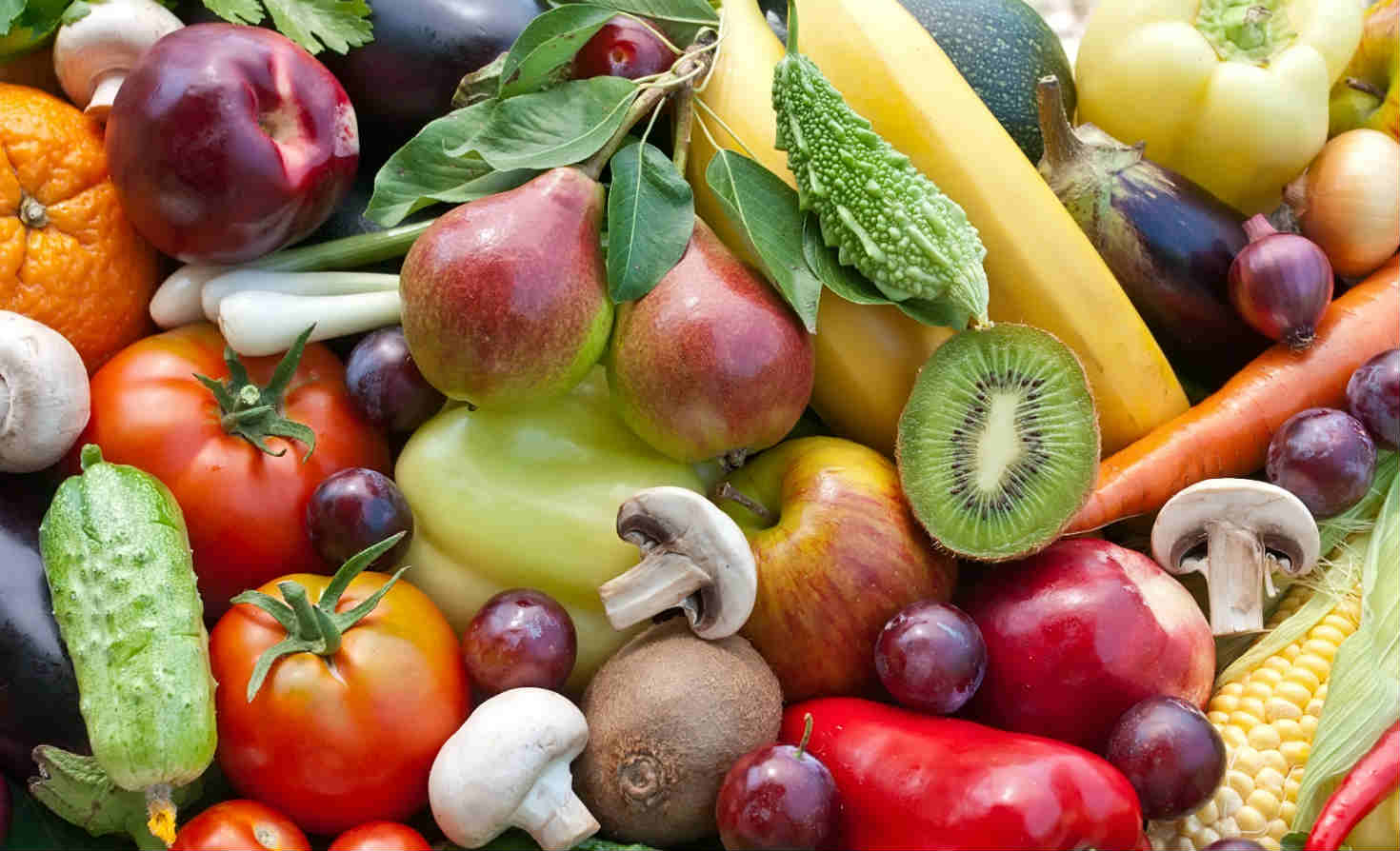
 |
| Reviews and Templates for Expression We |
Quantifying global interest in a sustainable food system

It’s not shocking that research by National Geographic and GlobeScan shows that consumers care deeply about the food they eat and about how it is produced. More troubling is that most feel alienated from the food system.
Just one in four consumers globally feel empowered to influence the way that food is produced, while only four in 10 say they have some influence as consumers over what food is available to them when shopping, according to GlobeScan and National Geographic’s latest Greendex survey.
What do sustainable food systems mean to food companies?
Food consumption and production trends and patterns are among the main causes of pressure on the environment. Fundamental changes in the way food is produced, processed, transported and consumed are mandatory components of any transition toward a sustainable economy.
Globally, a majority of consumers agree that we need significant change in food production and consumption systems. On average, more than six in 10 consumers believe that we need to make large or very large changes in how we produce and consume our food in order to feed a growing population, according to results from the 2014 Greendex study, with South Africans (40 percent) and Mexicans (36 percent) being the most likely to think that very large changes are needed.

Of course, recognizing that we have a problem is the first step toward intentional change.
In Japan, South Korea, Russia and the U.S., however, fewer than half of consumers believe that large or very large changes are necessary. In the Japanese, Russian and American markets, this belief is coupled with less sustainable food consumption habits compared to those in other countries, as measured by National Geographic’s Greendex methodology.
The U.S. ranks as the least sustainable in terms of the average consumer’s overall habits of all 18 countries surveyed for a variety of reasons. A love of fast food and convenient food affects its environmental footprint, as this means more processed and packaged foods are consumed.
However, there are signs that consumer attitudes are changing in the U.S. Eighty-two percent of American consumers now agree that buying locally produced foods helps the local economy, and more than four in 10 Americans feel it is worth the extra cost to buy locally produced or organic food.
Our research also reveals that many consumers, both in the U.S. and globally, think that it is very important to know how and where their food is produced, although relatively few people report that they do. And more consumers globally are embracing local and organic foods while lightening their environmental footprint in the food category.

Americans reported eating fewer fruits, vegetables and locally sourced foods than citizens of other developed nations did.
Implications for the food and agriculture industry
With an engaged customer base and the ability to influence their supply chains, food companies are well positioned to lead a drive toward global food sustainability. And we know some are trying to do just that.
For DuPont, sustainable food production means more than expanding the food supply. It also encompasses social, economic and ecological considerations, such as infrastructure, storage, waste reduction and improving and preserving water quality — all of which are critical to achieving global food security.
Unilever is helping smallholders to adopt sustainable farming practices as part of its Sustainable Living Plan, which in turn will help these smaller producers to secure future supplies of raw materials in developing and emerging markets from where much of their growth will come. This also helps the world to achieve food security and will lift hundreds of thousands of smallholder farming families out of poverty.
Our research shows that Americans do not report eating fruits, vegetables and locally produced food as much as consumers in other developed countries surveyed. Part of the problem is a lack of understanding of the issues, and not feeling informed enough to make more sustainable decisions.
By actively informing, engaging and empowering consumers, food companies can help their customers to convert their values into more sustainable habits while growing their own market share.
|
|
|
|
Copyright 2011 Energy and Technical Services Ltd. All Rights Reserved. Energyts.com |